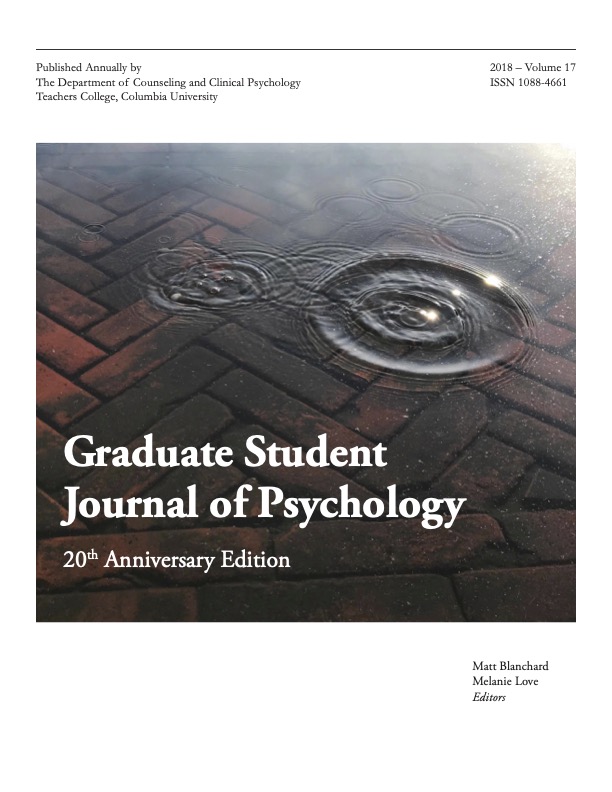Remote Behavioral Sampling for Psychological Assessment: Using Interactive Technologies to Detect Depression
Main Article Content
Abstract
The US National Comorbidity Survey indicates that up to 47% of Major Depressive Disorder (MDD) patients receive treatment predominately in a primary care setting. The screening methods primary care physicians use to monitor treatment response offer low time-sensitivity, and thus hinder the provider’s ability to adjust or augment treatment effectively. Contemporary technologies that directly capture behavioral data may offer objective insight into an individual’s mental health status, with little burden. The current study tracks 12 participants over two weeks to evaluate the convergent validity of a clinician administered measure of depression with physical activity and sleep measured by an actigraph, linguistic style present in Facebook content, and repeated brief assessments of mood delivered via a smartphone. Feasibility analysis showed that 91.7% of participants completed the study, with 83.6% of targeted data captured. Correlations were found between depression symptoms and physical activity (r =-.501, p =.058), restful sleep (r =-.536, p =.045), ecologically assessed affect (r = -.582, p = .03), and 3 linguistic styles present in social media content (‘future focused’ (r =-.539, p =.043), ‘feeling’ (r =.532, p =.046), and ‘masculine’ (r =.590, p =.028)). The study suggests that data collected from interactive technologies offers an easily accessible inventory of patient’s behaviors which is highly correlated with traditional MDD assessment. Depressed patients who are not seeing a specialist regularly are at high risk for nonadherence with medication during the latency period between antidepressant initiation and MDD remission. A monitoring platform utilizing interactive technologies would be useful in identifying patients who need treatment.
Article Details
Section
Articles

This work is licensed under a Creative Commons Attribution-NonCommercial 4.0 International License.
How to Cite
Thomas, J. E., & Richardson-Vejlgaard, R. (2018). Remote Behavioral Sampling for Psychological Assessment: Using Interactive Technologies to Detect Depression. Graduate Student Journal of Psychology, 17, 45–55. https://doi.org/10.52214/gsjp.v17i.10919

